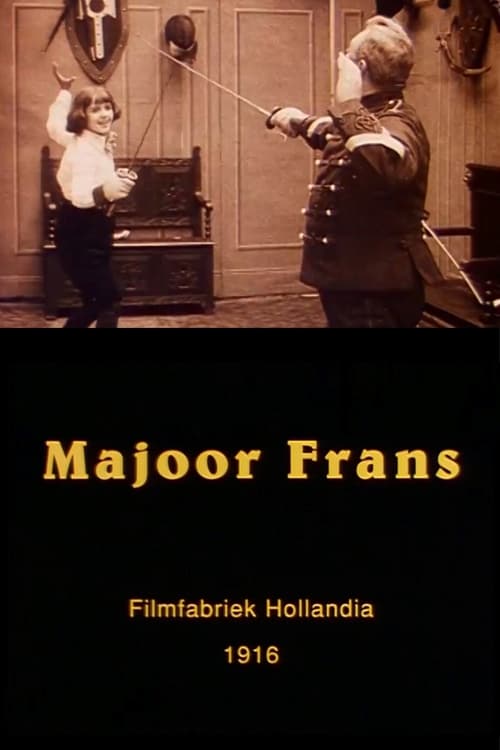
Anna L.G. Bosboom-Toussaint
Anna Louisa Geertruida Bosboom-Toussaint (September 16, 1812 – April 14, 1886) was a Dutch novelist.
Her father gave her a fair education, and at an early period of her career she developed a taste for historical research, fostered by an indoor life as a result of weak health. Her first romance, Almagro, appeared in 1837, followed by De graaf van Devonshire ("The Earl of Devonshire") in 1838, De Engelschen te Rome ("The English at Rome") in 1840, and Het Huis Lauernesse ("The House of Lauernesse") in 1841, an episode of the Reformation that has been translated into many European languages. These stories, mainly founded upon some of the most interesting epochs of Dutch history, betrayed a remarkable grasp of facts and situations, combined with an undoubted mastery over her mother tongue.
After 1870 Geertruida Bosboom-Toussaint abandoned historical romance for the modern society novel, like the novel she is best known for: Majoor Frans ("Major Frank", 1875), the poignant love story of a young woman who was raised as a boy and must once again determine her position within the gender roles of her time.
